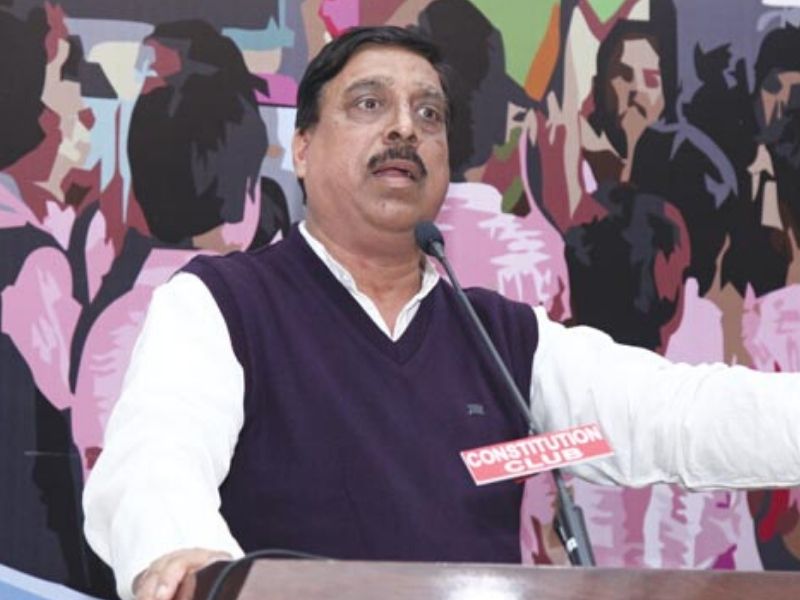 Ambarish Rai
Ambarish Rai
National Convenor, RTE Forum
A law graduate of Lucknow University, Ambarish Rai is national convener of the Right to Education Forum (estb.2010), a coalition of over 10,000 NGOs, educationists and social activists gathered under the forum’s banner to enforce the landmark Right of Children to Free & Compulsory Education (RTE) Act, 2009, in all of India’s 1.50 million schools.
How has the Covid-19 precipitated national lockdown disrupted implementation of the RTE Act, 2009?
Since inception, the RTE Act has been poorly implemented. UDISE Data 2016-17 indicates that only 12.7 percent of the country’s schools are fully compliant with the Act. Now with the national lockdown the children of migrants, homeless and informal sector workers are especially affected. With government schools shut, these disadvantaged children are deprived not only of education, but of their daily mid-day meal as well. Official advice to switch to online learning is not a solution as only 34 percent of the population has access to the Internet. Free offline communication media including radio and Doordarshan should be used to broadcast/telecast education programmes. However, even these offline modes will not ensure equitable education as envisioned by the RTE Act.
The Covid-19 pandemic has amplified and exacerbated the education inequities of Indian society. What are the major challenges confronting Indian K-12 education in the new Covid-19 era?
Children, especially from marginalised households, have been hard hit. Many will drop out of school, thousands will enter the child labour force and become vulnerable to trafficking and/or pushed into early marriage.
Several state governments have issued fees deferment circulars to private school managements. What’s your comment?
Parents shouldn’t be burdened with paying fees as schools are closed during the lockdown. S.10 (2) (1) of the Disaster Management Act provides for the Central government to order a moratorium on private schools collecting or hiking fees until normalcy is restored. However, teachers’ salaries should be paid by schools using their contingency funds.
What are your Top 3 proposals for reforming school education in India?
The key to reforming school education in India is to implement the provisions of the RTE Act, 2009 in toto. The ambit of the Act must also be extended to cover secondary and higher secondary children as recommended by the draft National Education Policy 2019. Central and state governments need to acknowledge the critical role of public education institutions and sharply increase their public education and health budgets. The government must also ensure that all schools are equipped with safe drinking water and sufficient hygiene/ sanitation facilities. What are your future plans for the RTE Forum? The Forum plans to conduct a survey to assess the impact of the pandemic on children; sensitise policymakers about the public education system and mobilise stakeholders to make government accountable for not achieving universalisation of education. We will also launch a national Back to School campaign after the lockdown is lifted.
Also read: Leaders who can revive Indian education – Ramya Venkataraman























